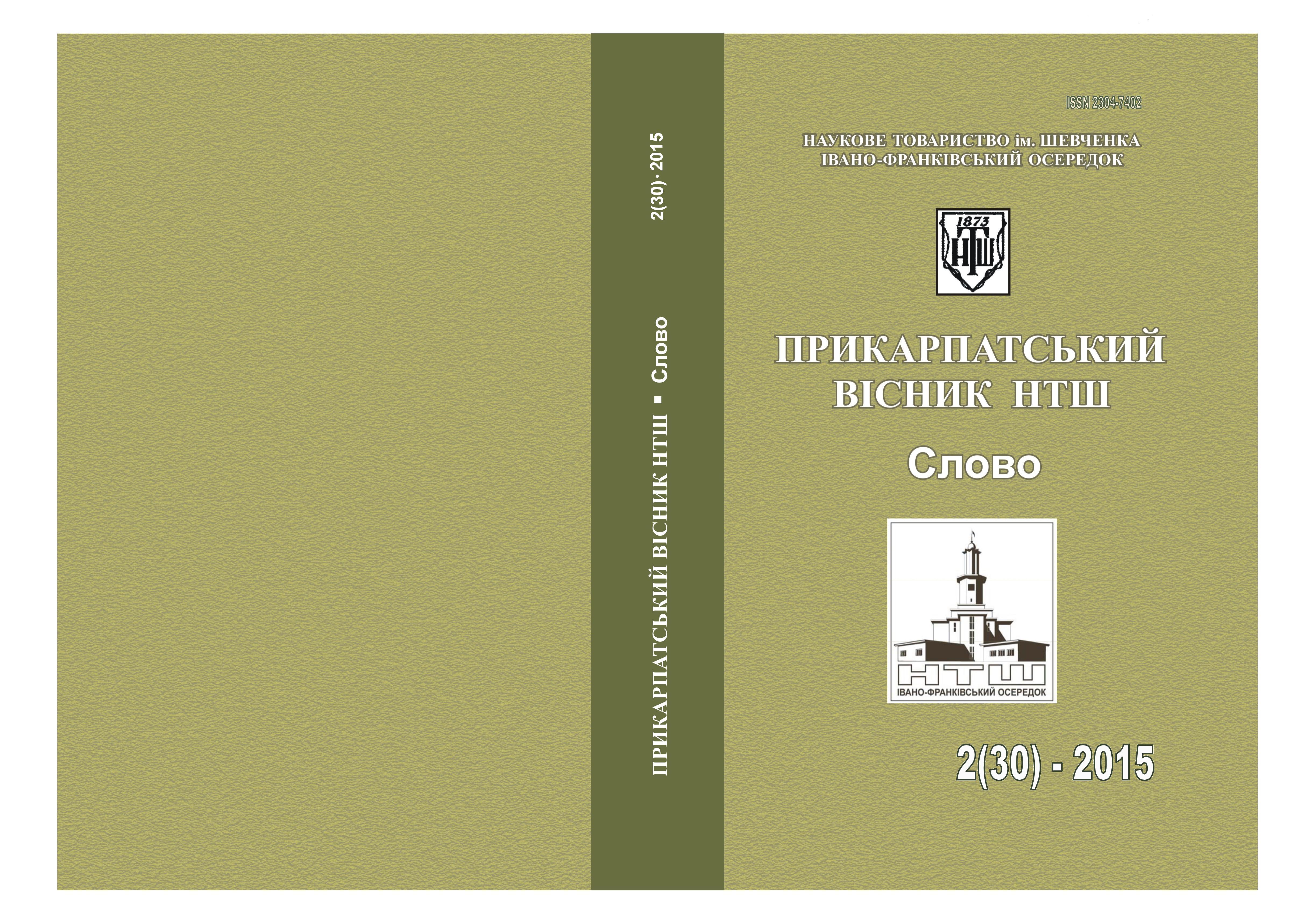OBSCENE LEXICON IN FOREIGN RESEARCHES
Keywords:
obscene lexical units, eroticism, taboo, literature, analysis.Abstract
The article presents the analyses of the foreign scientific researches concerning the problem of obscene words. It conveys an observation of the scientific papers dwelling on the issue of erotic and obscene lexical units in
general, as well as the usage of erotic and obscene lexical units in literature.
Eroticism in literature and folklore (including poetry, prose, plays, proverbs and sayings etc.) is interpreted by society and writers in different ways, depending on the epoch. It has also been a subject under scrutiny for literary critics and reviewers, along with the scientists, who pay their attention to the usage of the obscene language in both folklore and literature of different ages. Usually medieval times are characterized by a strong influence of church, which determined a common public opinion, though in the early Middle Ages the church only started to dominate (in terms of existence of a sexual freedom). The majority of researchers pays attention to the fact that the XX century is characterized by a considerable change in a public opinion
concerning morality, public relationships, nudity etc. In the post-modern period we talk about both direct understanding and interpretations, as well as hidden messages, which require certain analyses and which are supposed to stimulate an intellectual collaboration with a recipient. The analyses of the
current state of researches on the given topic show some considerable learned interest in the topics which have been considered a taboo not a long time ago. The article highlights the importance of the further research of the
obscene language, for the analyses of the already existing works on it shows a growing need to discover peculiarities of the usage of the obscene language in literature.
References
Богданович Неделько. Опсценна лексика / Н. Богданович // Зборник радова. Serbian Obscene Vocabulary. – Ниш: Просвета, 1998. – 160 с.
Ковалев Г. Ф. Русские писатели о русском мате / Г. Ф. Ковалев // Язык, коммуникация и социальная среда. – Воронеж, 2004. – Вып. 3.
Ткачівська М. Р. Лайливі слова на позначення розпусної жінки та їх переклад на німецьку мову / М. Р. Ткачівська; укл.: І. В. Ковальчук, Л. М. Коцюк, С. В. Новоселецька // Наукові записки національного університету «Острозька академія». Серія «Філологічнна»: збірник наукових праць. – Острог: Вид-во національного університету «Острозька
академія», 2014. – Вип. 45. – 354 с. – С. 323-326.
Ткачівська М. Р. Емоційність твору як рефлекторне відображення реальності (негативна характеристика жінки у німецькомовних перекладах) / М. Р. Ткачівська // Вісник Житомирського державного університету імені Івана Франка. – 2014. – Вип.2 (74). – С. 183-186.
Aichinger E. SchlechteWörter / E. Aichinger // Fischer-Verlag. – Frankfurt am Main, 1976. – 129 S.
Beutin W. Sexualitätät und Obszönität / W. Beutin // Eine literaturpsychologische Studie über epische Dichtungen des Mittelalters und der Renaissance. –Königsha-usen & Neumann, 1990. – 483 S.
Bröhan M. Die Darstellung der Frau beim Wilhelm Raabe / M. Bröhan. – Frankfurt am Main:Verlag Peter D. Lang, 1981. – 270 S.
Derks P. Die Schande der heiligen Pädorastie / P. Derks // Homosexualität und Öffentlickeit in der deutschen Literatur 1750-1850. – Berlin: Verl. Rosa Winkel, 1990.
Ermen I. Der obszöne Wortschatz im Russischen / I. Ermen // Etymologie. Wortbil-dung. Semantik. Funktionen. – München: Verlag Otto Sagner, 1993. – 106 S.
Marcuse L. Obszön. Geschichte einer Entrüstung / L. Marcuse. – München: Paul List Verlag, 1962. – 407 S.
Neumann V. Erotik in der deutschsprachigen Lyrik der Moderne / V.Neumann. – Würtburg: Verlag önigshausen&Neumann. – 285 S.
Schelsky H. Soziologie der Sexuslität / H. Schelsky. – Hamburg: Rowolt, 1955. – 143 S.
Winter Leonde. Vögeln regt zum Vögeln an / Leonde Winter // Über die Waffen eines Autors angesichts der Darstellung von Sexualität, in: Literaturen. – Das Journal für Bücher und Themen, 05/2001. – S.29.
Wojtowicz Witold. Sckice o poezji obscenicznej i satyrycznej Andrzeja Krzyckiego / Witold Wojtowicz. – Szczecin, 2002. – 227 S.
Wollustige Phantasie. Sexulästhetik der Literatur. Heraugeg. Horst Albert Glaser. – München: Carl Hanser Verlag, 1974. – 220 S.

